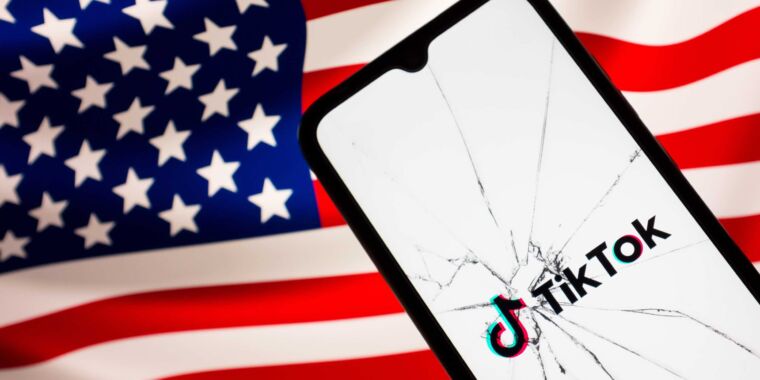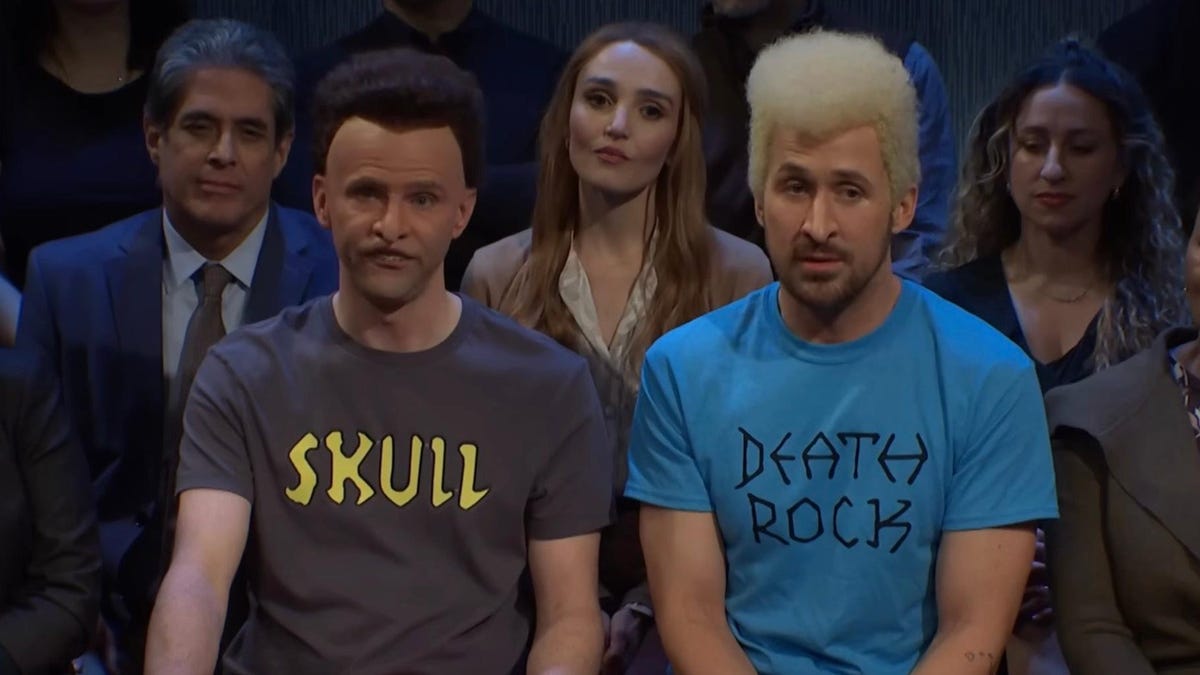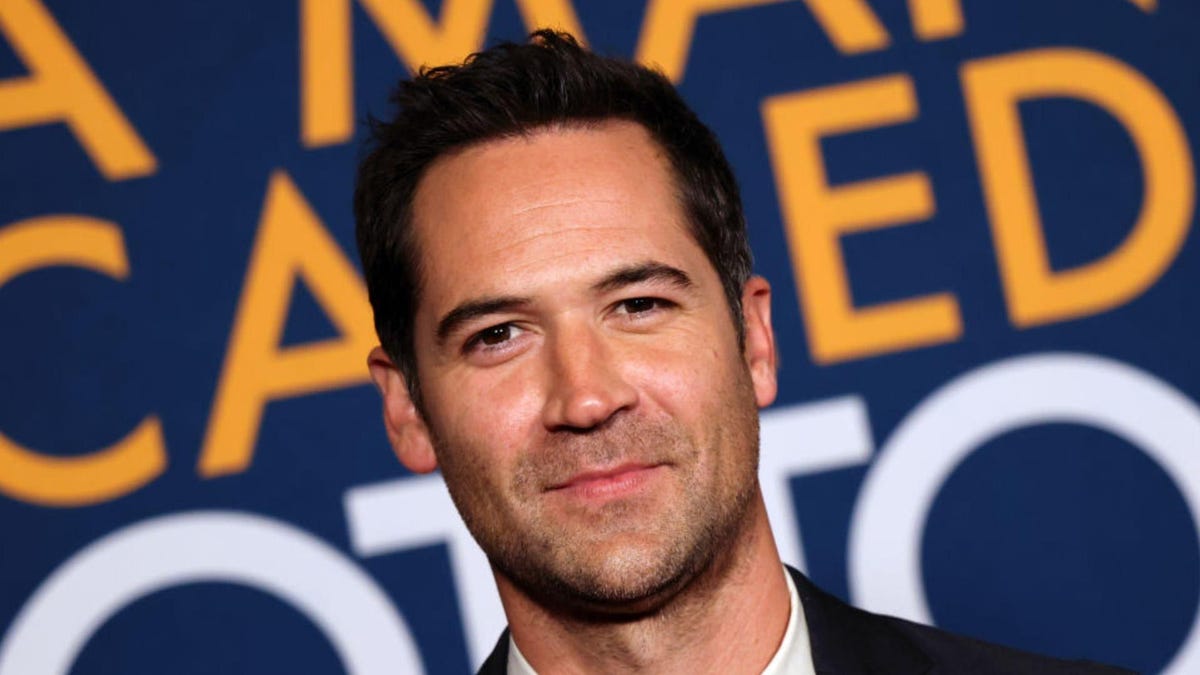ByteDance Prepared to Sue the US Government Over TikTok Ban
ByteDance, the owner of TikTok, is gearing up to take legal action against the US government following President Biden’s signing of a bill that would mandate the sale of TikTok within 270 days under the threat of a ban in the US. While the outcome remains uncertain, legal experts interviewed by Ars are of the opinion that ByteDance may have a strong case based on the First Amendment.
Past Legal Precedents Favor TikTok
One compelling reason for this argument stems from recent legal rulings. A US District Court judge blocked a Montana state law aiming to prohibit TikTok not long ago. Furthermore, in October 2020, another federal judge in Pennsylvania prevented a TikTok ban issued by the Trump administration. Additionally, TikTok secured a preliminary injunction against Trump in the US District Court for the District of Columbia in September 2020.
Legal expert Eric Goldman from Santa Clara University stated, “Courts have deemed a TikTok ban a First Amendment issue, and Congress seemed to have disregarded these previous court decisions.” This failure of past attempts to ban TikTok serves as a strong indication that the government may face challenges in justifying the ban.
Protected Free Speech and First Amendment Concerns
A key argument in favor of TikTok is the protection of free speech rights. Judge Donald Molloy of Montana mentioned that the state law banning TikTok infringed upon First Amendment protected speech. He highlighted that TikTok users rely on the platform for communication, and depriving them of it would impede their speech rights. This emphasizes the significance of considering TikTok’s speech interests under the First Amendment.
According to Anupam Chander, a law professor at Georgetown University, Judge Molloy’s ruling in Montana provides hope for TikTok in the face of a national ban. Chander suggests that the success in the Montana case could set a precedent for similar legal challenges against the ban on TikTok at a national level.
Weighing National Security Concerns
On the other hand, US lawmakers have raised concerns about national security risks associated with TikTok due to potential manipulation of public opinion and access to user data by the Chinese Communist Party. However, Chander questioned the government’s ability to justify the ban solely on national security grounds.
Chander pointed out that the government hasn’t disclosed evidence of a credible national security threat posed by TikTok. He also highlighted the efforts made by TikTok to safeguard the app from foreign influence. The lack of substantial evidence linking TikTok to national security threats raises doubts about the validity of the ban.
Implications of Legal Challenges
Goldman outlined three potential plaintiff groups that could challenge a TikTok ban constitutionally – ByteDance, TikTok users, and app stores. The ongoing legal battle in Montana involving TikTok and its users could serve as a litmus test for the constitutionality of the broader ban on TikTok.
The Montana case, currently under appeal at the US Court of Appeals for the 9th Circuit, has the potential to shape the trajectory of ByteDance’s legal battle against the US government’s actions. Goldman speculated that the outcome of the Montana case could set the tone for future constitutional reviews of the ban on TikTok imposed by Congress.
Image/Photo credit: source url





